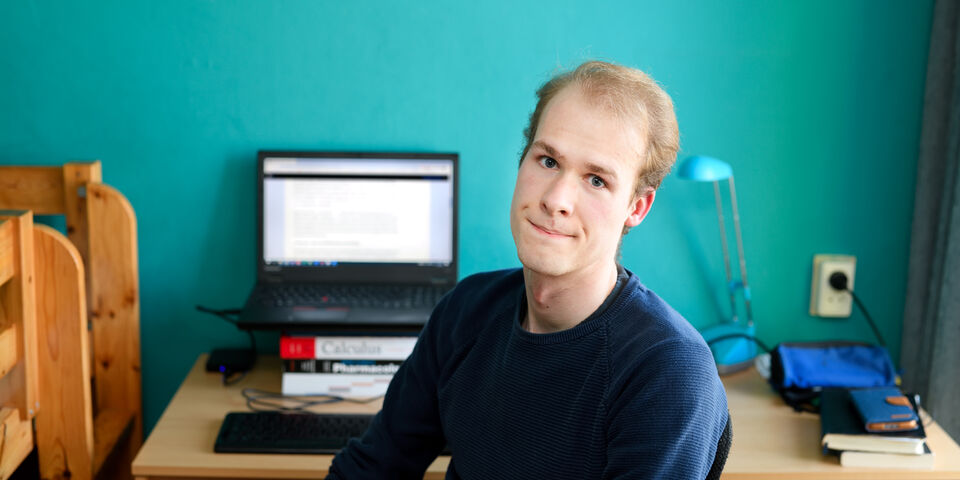All of human knowledge contained in 7,473 books
What student doesn't remember those WebQuests about knights or high school essays on the Dutch East India Company that were almost entirely cut-and-paste jobs poached from Wikipedia? Wikipedia is the lifesaver of both school pupils and students, but equally of doctors, chemists and lawyers who have forgotten that one important detail they must have at their fingertips without consulting their bookcase. But what if Wikipedia gets it wrong?
Recently I read the last book that Stephen Hawking wrote: he touched on the idea that the invention of writing allowed human evolution to accelerate. For the first time, as well as ‘only’ biological evolution, people had a reliable means of conveying knowledge down through the generations. Driven by science and the critical scrutiny of the human mind, this knowledge has evolved into today's technology. We can, in fact, speak to the future.
Which raises the question: how much of this recorded knowledge is nonsense? Wikipedia - in my opinion the pinnacle of collective human knowledge - is maintained daily by thousands of ordinary people. People who, despite their best efforts, can make mistakes - can misunderstand or oversimplify something or who may be biased or malicious. It is with good reason that Wikipedia itself states explicitly that Wikipedia is not a reliable source, a sentiment echoed by every high school teacher. You know you have to take heed when the authors themselves says it is so.
Getting a date wrong may seem innocent enough, but given that we live in a society in which we can look up literally anything within ten seconds on our telephones and are forming our reality as we do so, this information had better be correct.
What can we do? Appoint the editors of Wikipedia to fulltime positions? Maintaining and adding to something as monolithic as Wikipedia, with six million articles and 20,000 new articles a month, and all of this in 270 languages, would be an undertaking on the scale of the Moon landing.
As it so often does, the solution lies, to some extent at least, with us, the users. Growing awareness of the fact that all knowledge is an accumulation of what has come before, with all its errors and prejudices, will be vital to Wikipedia's success. People will have to accept articles less blindly as the truth, will have to do some research of their own, and will themselves have to contribute to Wikipedia. Better contributions, better informed people, better contributions. With this approach, Wikipedia hopes one day to become the sum of all human knowledge.


Discussion